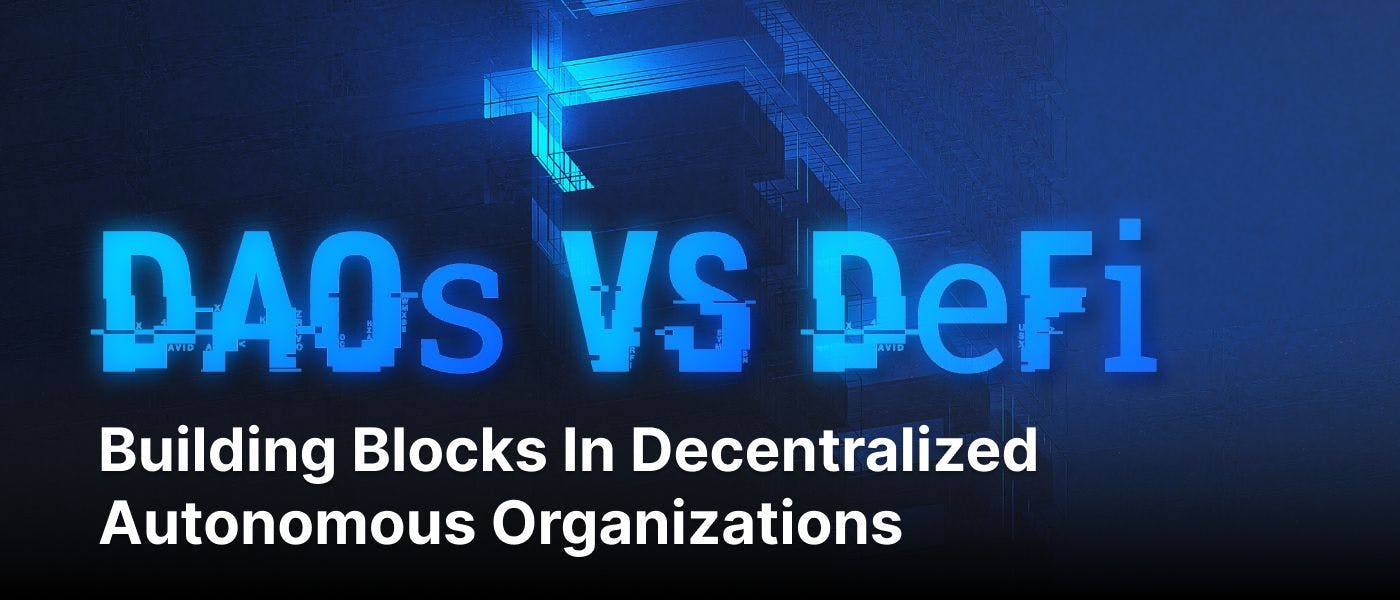909 reads
DAOs Vs DeFi: Decentralized Building Blocks
by
November 25th, 2022
Audio Presented by

Crypto and Blockchain enthusiast and tech writer. DeFi, DAO, P2E, protocols reviews
Story's Credibility

About Author
Crypto and Blockchain enthusiast and tech writer. DeFi, DAO, P2E, protocols reviews
